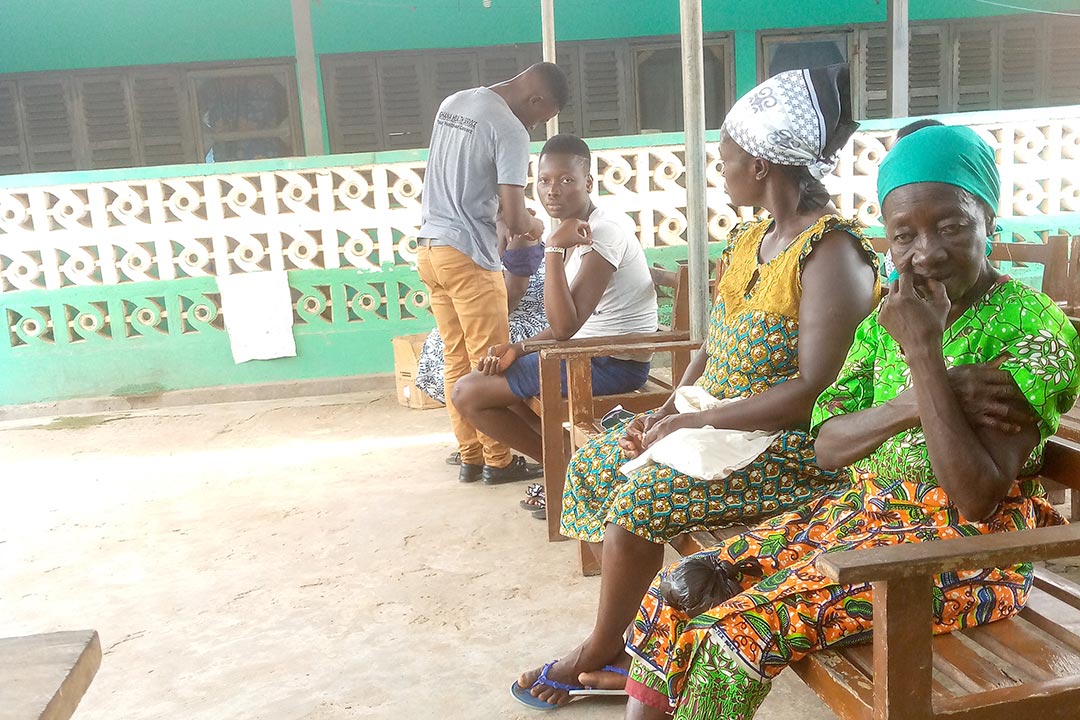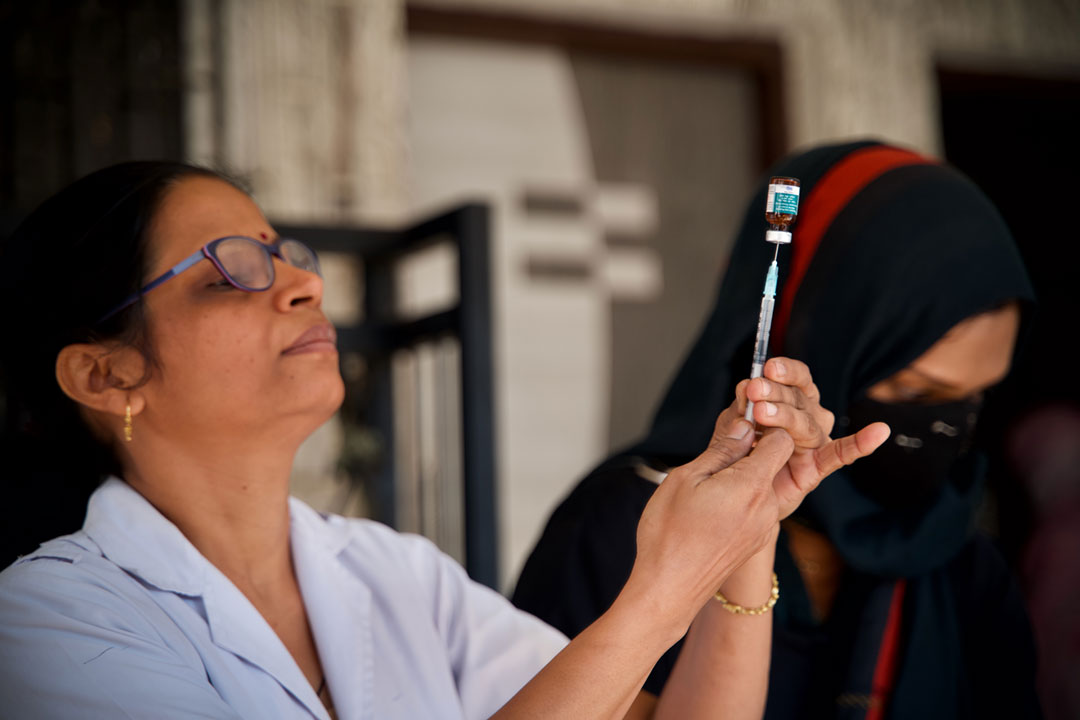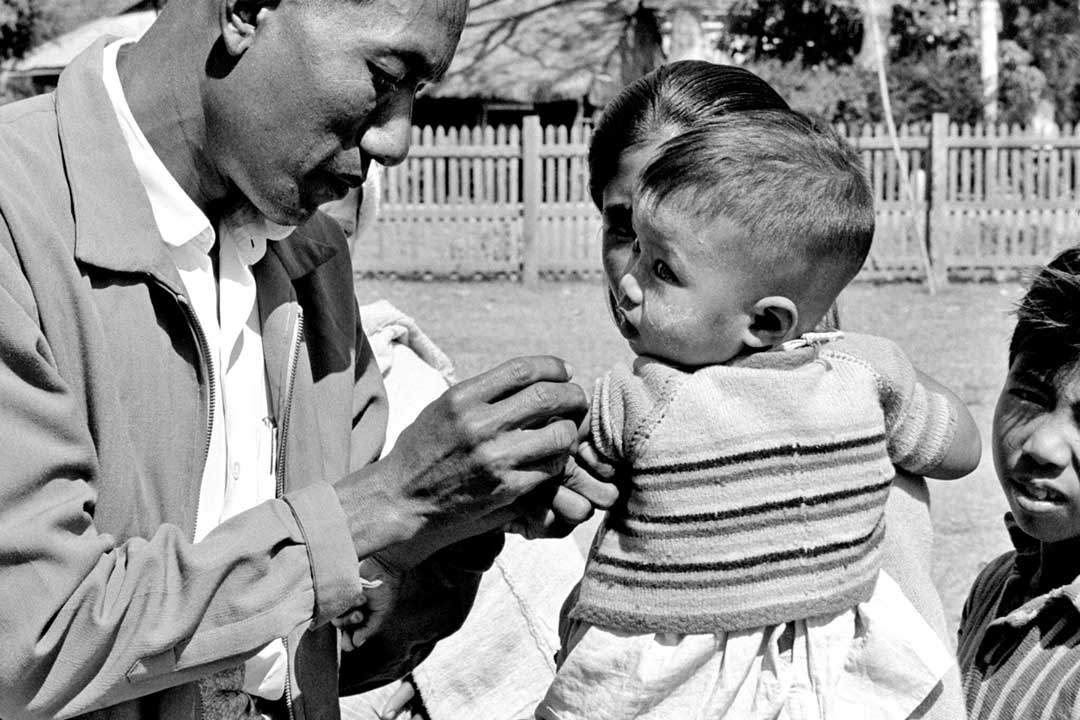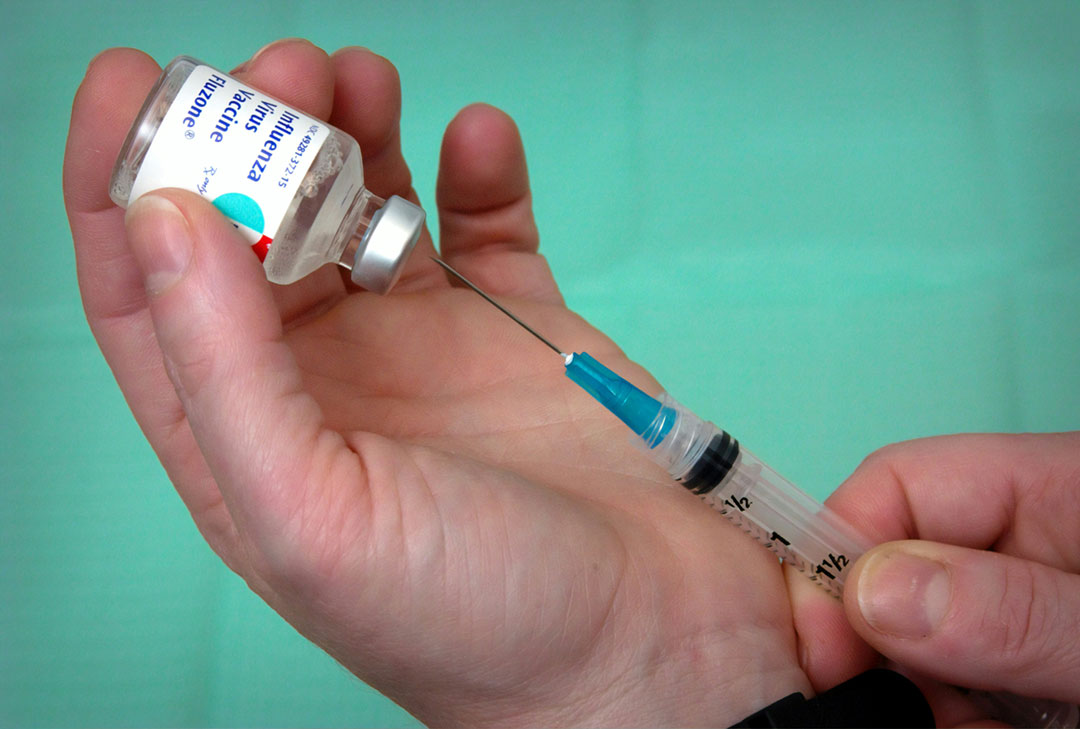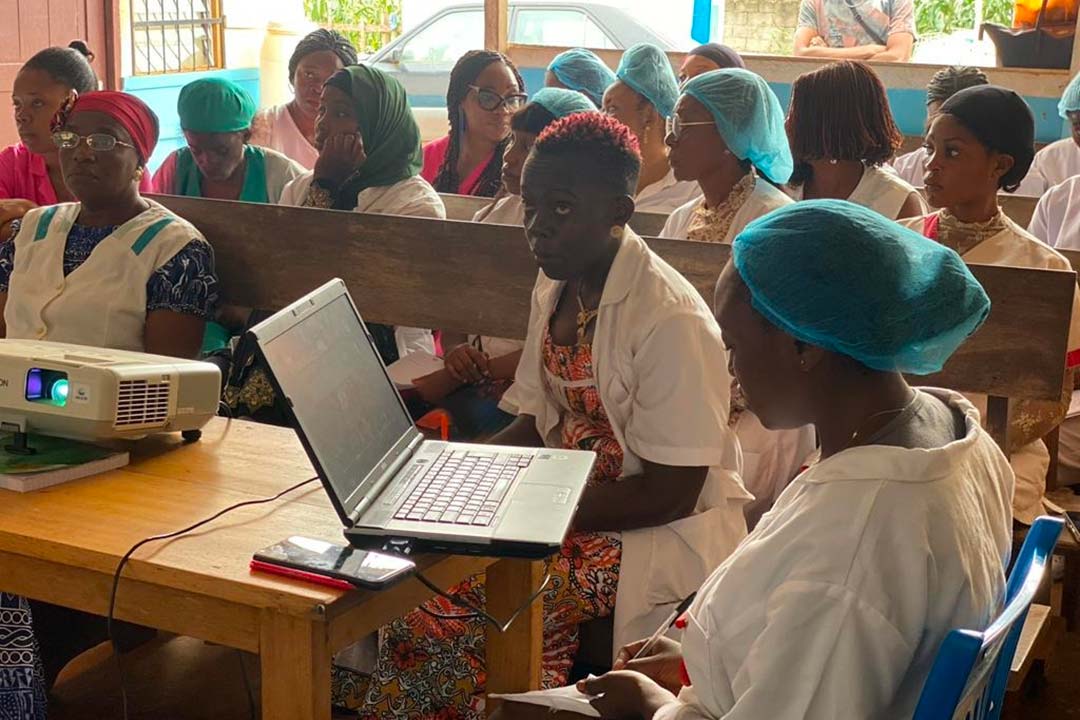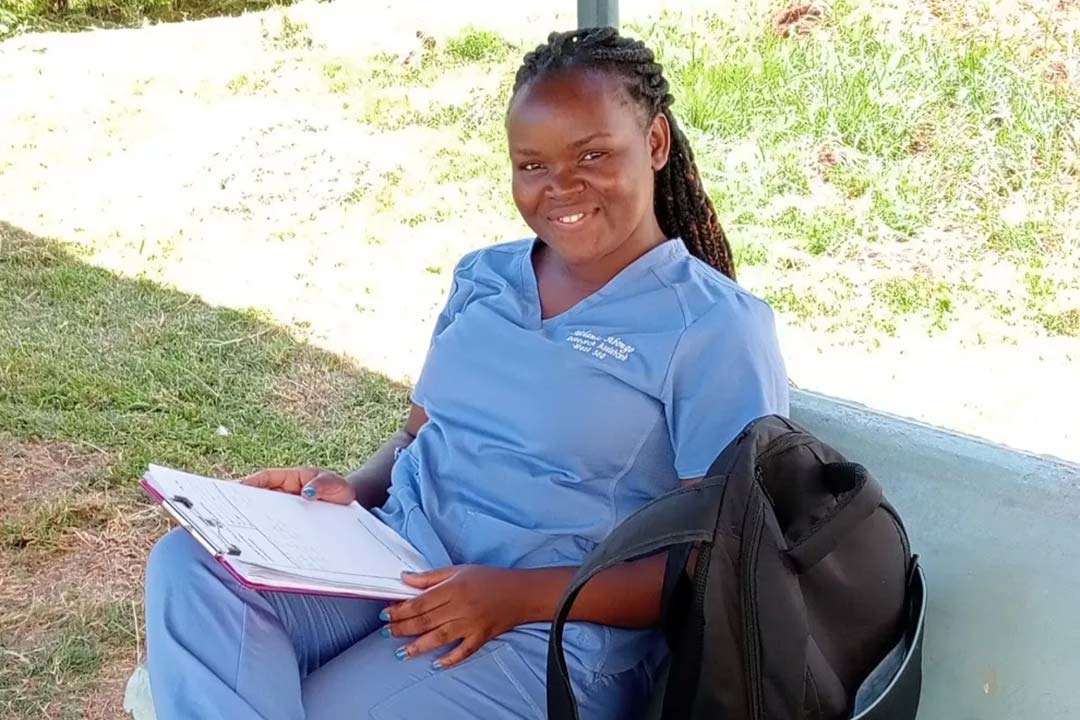With a little help from friends, officials keep COVID-19 vaccinations going in Ghana
Health officials at district level are serving as examples to the rest of Ghana with their approach to COVID-19 vaccination.
- 6 September 2022
- 4 min read
- by Kwame Ofori Appiah
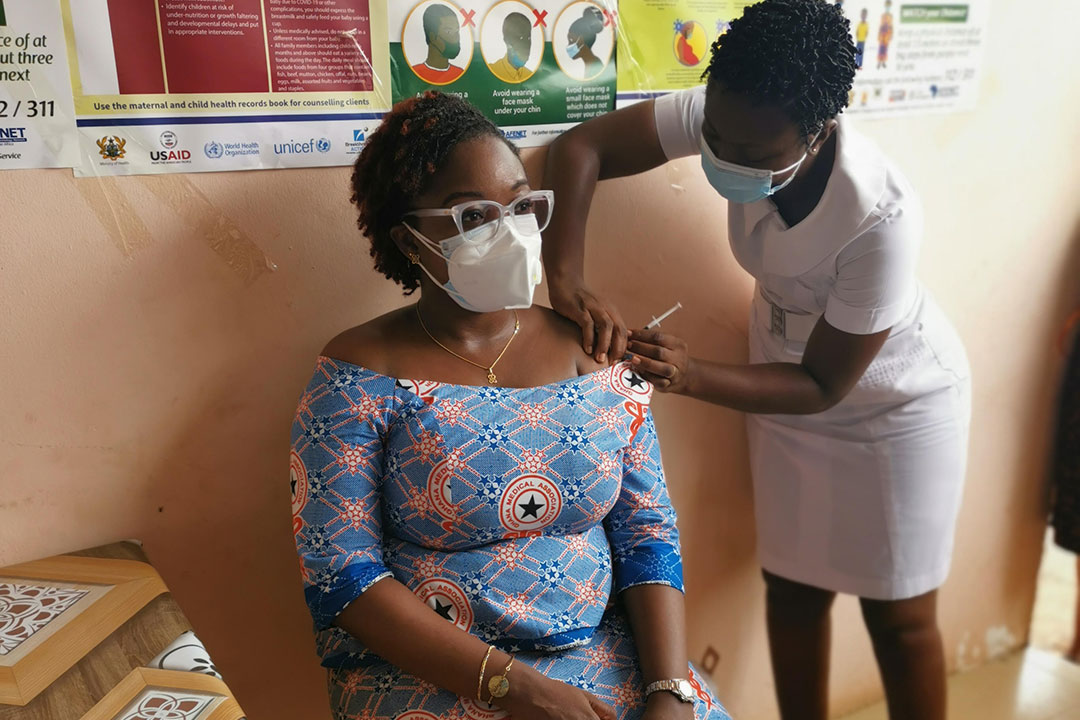
A mixture of community engagement, enhanced public education and strategic planning are helping some districts in Ghana to maintain and, in some cases, boost vaccination rates against COVID-19.
Since March 2021, the country has received and sought to administer the vaccines to control outbreaks among the population. In recent times, as infection rates have dropped, health officials have maintained that it is important for all eligible persons to get the shot and have devised a number of ways to achieve their targets.
“We speak to some of the opinion leaders and get them to convince others. We usually give them some guidance on the approach and allow them some time to preach the message before we follow up with our outreach and vaccination teams. That means people are more receptive to the message when we get there.”
In the Ga East Municipality in the Greater Accra Region, 37% of the 138,326 people who are eligible have already been fully vaccinated. Some 51,042 have taken the first shot while 18,774 have taken advantage of the vaccination policy to get their booster shots. While this is below the global average, it beats the national rate of 25.8%.

Credit: Dr Kutsoati
Dr Selorm Kutsoati, Municipal Director of Health Services in the municipality and a Public Health Physician Specialist is proud of the achievements of her team. She believes that the measures they have taken account for the impressive performance.

Credit: Dr Kutsoati
“We have leveraged support from stakeholders in the community to get the message out about vaccination. We have also ensured that our campaign focuses on people in the ghettos and slums where they are less likely to have already taken the shot and have less information about COVID-19 and the vaccine,” Dr Kutsoati explains.
It also helps that the team at the municipal health directorate is fired up for the task. Dr Kutsoati says that efforts were made to rejuvenate enthusiasm among staff who have to administer vaccinations in the communities as part of a house-to-house approach. Staff members knock on doors and administer the shots in homes, in addition to pop-up vaccination centres that are set up in the target communities. Some of them have become known in the communities. This has increased trust in them and their message.
A similar approach is working in the Central Regional capital of Cape Coast. Patience Batong-Hor, Community Health Specialist and head of the Cape Coast Metropolitan Health Directorate says her philosophy is that “if we wait for them to come, they won’t”.

Credit: Kwame Appiah
Have you read?
For this reason, the directorate has focused its efforts on community engagement and mobilisation.
Batong-Hor says, “We speak to some of the opinion leaders and get them to convince others. We usually give them some guidance on the approach and allow them some time to preach the message before we follow up with our outreach and vaccination teams. That means people are more receptive to the message when we get there.”
The team is also cooperating with corporate bodies as well as private and public sector employees to ensure that their employees receive the vaccines. On-site education and vaccination campaigns are conducted with the cooperation of these institutions which, Batong-Hor believes, has been very helpful in their drive to boost uptake of the vaccine. She adds that the campaign has been boosted by the availability of the vaccines, which enables them to maintain the momentum of the exercise.
In the Mfansteman municipality, also in the Central Region, health authorities have enlisted the assistance of community leaders and even some local political activists.
Ekow Amarnyi, a branch official of one of Ghana’s major parties, says that he is happy to support the efforts to educate people in Saltpond, where he lives, about the vaccine’s life and health preserving qualities. He adds that his political activities bring him into contact with many people daily and he often works vaccination into his formal and informal engagements. Amarnyi says that he lost a relative in the first wave of the pandemic and he believes that communities need to see vaccination as a joint responsibility, one that helps to protect one another.

Credit: Ekow Armanyi
“A lot of people did not quite understand the purpose of the exercise so they were reluctant at first. That has not changed totally but I think as more and more of us continue to speak out about this, we can get more people to take the vaccines,” he says.
Health officials in these districts say that their efforts are easily replicable in other districts around the country. Ghana’s efforts to fully vaccinate its population will depend on the efforts of these and other officials around the country. The success of these efforts should be a source of hope to national public health managers, as they seek to reach their targets.
